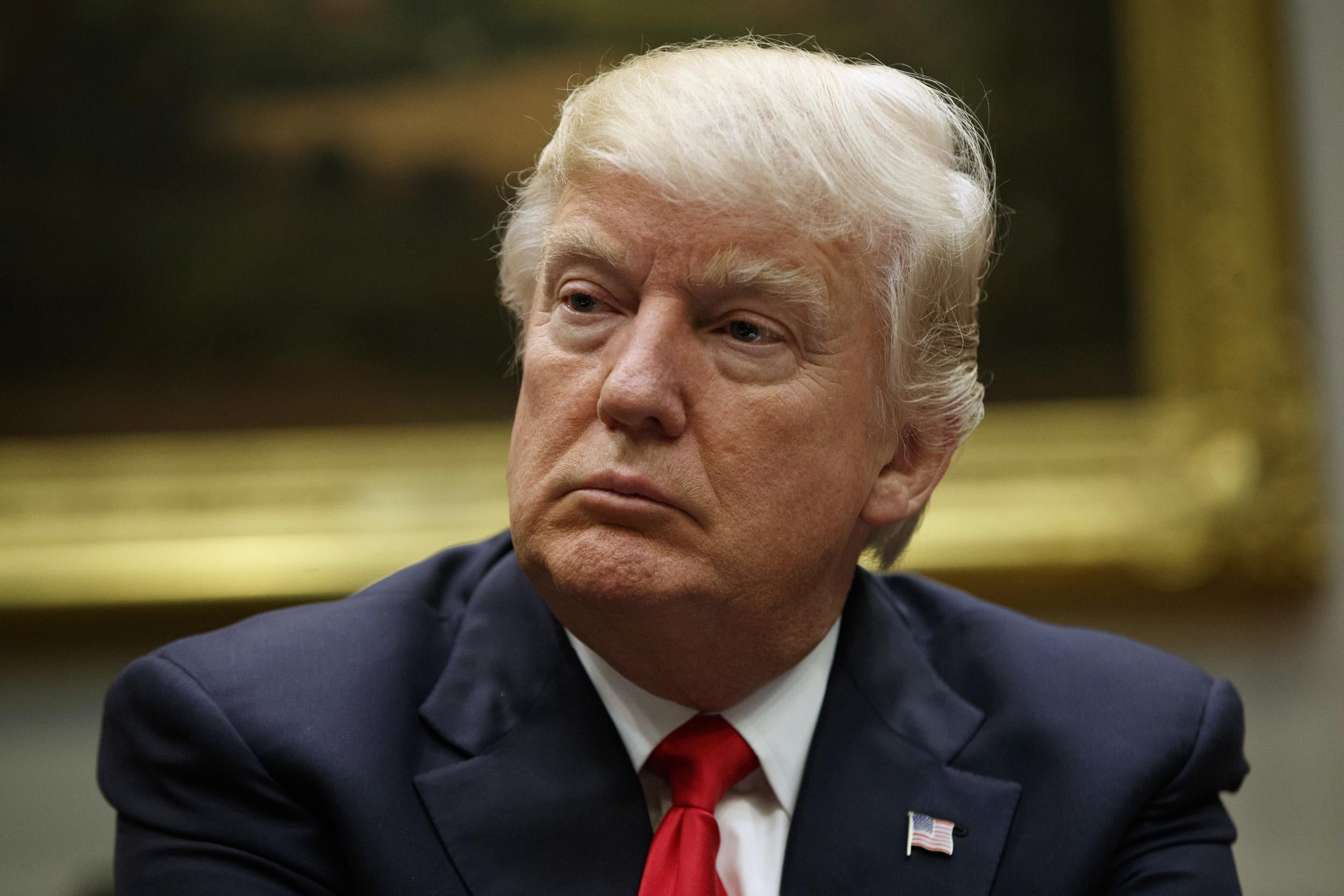Five things to look out for in the global economy this week
In the US the single most interest thing will be the meeting between Donald Trump and the Chinese President Xi Jinping at the US President’s Florida home at the beach resort in Mar-a-Lago


Now that Brexit week – the formal triggering of Article 50 and the response – is past, the focus will shift back to the world economy. But just to follow through a point made last week: the tone of both the UK letter and the EU response suggested that both sides were eager to make the negotiations a success, and for people who seek an amicable relationship between the UK and the EU this was positive stuff. Now to this week.
I think the focus will shift back to the sustainability of growth in the US and UK, and the implications for financial markets. In the US the single most interest thing will be the meeting between Donald Trump and the Chinese President Xi Jinping at the US President’s Florida home at the beach resort in Mar-a-Lago on Thursday and Friday. It will be the first time they have met, and the summit is being billed in advance by the Trump team as likely to be “very difficult”. As with all such meetings there is one single indictor that will matter most. That is what the Chinese media – not the US media – says about it. If they come out spitting blood this will be bad news for the world economy. If they are decently positive then it is reasonable to hope that there will be no trade war between the world’s two largest economies, which in turn is positive for the next stage of the recovery.
The things to look for in the UK are more parochial. It is PMI week, with purchasing manager indices for manufacturing on Monday, construction on Tuesday and the all-important services sector on Wednesday. The PMIs for services are the most important indicator telling us whether there will be a serious slowdown in the summer. Services are 80 per cent of the economy. If they continue to grow all will be well. If not, we are in trouble.
Also on Wednesday, but interesting from a longer perspective, will be a huge amount of information on UK productivity that comes out from the Office for National Statistics. There has understandably been great concern about the apparently poor growth, and the UK does seem to be doing worse than other developed countries. But this is a global issue and a measurement issue. Let’s see what light the ONS can shed. Also interesting will be ONS data on Thursday on wellbeing in the UK, a good reminder that wellbeing matters at least as much as wealth, arguably more so.
In Europe the recovery is looking increasingly secure, albeit from a low base, and this should be confirmed by a continued fall in unemployment. On Monday we have the eurozone unemployment figures for February. Expect these to fall to 9.5 per cent from 9.6 per cent in January. The peak, reached in early 2013 was 12.1 per cent, and if the fall continues at this rate unemployment could be down to 8.5 per cent by the end of this year. That would still be nearly double the UK (or US) rate but the direction of the movement would bring confidence to the EU more generally.

Finally something to look for not so much this week but rather this year: the trend towards self-driving vehicles. I have just been reading an essay by Benedict Evans, who works at Andreessen Horowitz, a venture capital firm in Silicon Valley that invests in technology companies, on the second and third order consequences of the two great shifts in automotive transport: the shift towards electric vehicles and towards autonomy.
The first is happening rapidly now, but let’s focus on the second. Obviously self-driving vehicles will cut jobs: fewer taxi and truck drivers. But they will also make better use of road space and cut accidents – perhaps almost eliminate them. So there will be less need for space to be used for parking, and less need for safety equipment. (When you ride on a bus, you may have to stand and you don’t have seat-belts or airbags.) Cutting road deaths would bring great social benefits, as indeed would greater mobility for the old. It is a great essay and you can read it here.
Join our commenting forum
Join thought-provoking conversations, follow other Independent readers and see their replies
Comments
Bookmark popover
Removed from bookmarks